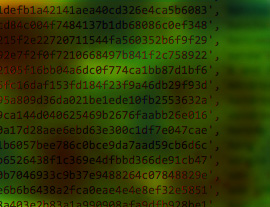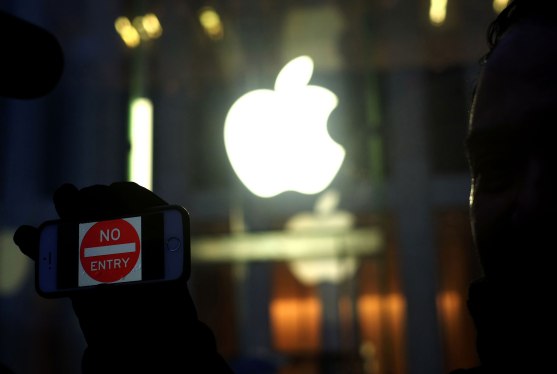Introduction
In an unprecedented leak, hacker group Antisechas has exposed approximately one million Unique Device Identifiers (UDIDs) from Apple’s Developer Dashboard. This dataset was allegedly obtained through a security breach on the Dell laptop of Supervisor Special Agent Christopher K. Stangl, who is featured in a video discussing career opportunities in cybersecurity. The leaked data could potentially be used to identify users’ geographic locations and other sensitive information associated with their iOS devices.
Background on Apple’s UDID Scheme
Apple’s UDIDs are unique identifiers assigned to each iPhone during manufacturing. These IDs play a crucial role in ensuring device authenticity and security, particularly when setting up features like Touch ID and Face ID. Developers utilize these UDIDs for various purposes, including app distribution, software updates, and secure communication through encrypted channels.
Details of the Data Breach
The leaked dataset from Antisechas comprises over one million UDIDs, each linked to specific iOS devices. This breach raises significant concerns about unauthorized access to sensitive user information. Researchers have identified that this data could potentially be used to reverse-engineer manufacturing processes or identify users based on their unique ID patterns.
Users are encouraged to take proactive measures, such as enabling biometric authentication options and regularly updating their security protocols, to mitigate the risks associated with this leak.
Implications for Apple and FBI Machine
The exposure of these UDIDs poses a substantial threat to the security systems employed by both Apple and federal law enforcement agencies. In some cases, the data could be used to create counterfeit devices or facilitate unauthorized access to corporate networks. The incident underscores the importance of robust security measures in protecting sensitive information.
Security Concerns
The potential misuse of this leaked dataset raises critical security concerns. Without proper encryption, such information could fall into the wrong hands, compromising user privacy and device authenticity. Additionally, developers relying on these UDIDs for secure communication may be at risk of exploitation if the data is exposed to malicious actors.
Expert Opinions
Dr. Andrea Cortesi’s Insights
Dr. Andrea Cortesi, a renowned cybersecurity expert, has expressed grave concerns about the implications of this leak. "The exposure of Apple’s UDIDs represents a significant vulnerability," she stated. "This dataset could be exploited in various ways, including unauthorized access to device networks and potential misuse by malicious actors looking to capitalize on the lack of encryption."
###TechCrunch Senior Writer Kyle Wiggers
Kyle Wiggers of TechCrunch added, "The leak highlights the importance of securing sensitive data within Apple’s Developer Dashboard. Without proper measures in place, this information could be weaponized against users and developers alike."
Conclusion
The Antisechas leak represents a major security breach with far-reaching consequences for both individual users and corporations reliant on Apple’s UDIDs. While steps taken by Apple to address these issues are commendable, the importance of securing sensitive data cannot be overstated. Users are advised to take immediate action to protect their devices and accounts from potential exploitation.



